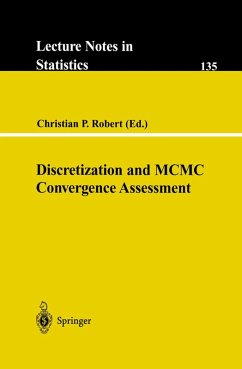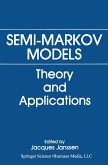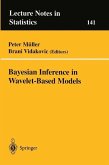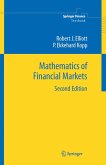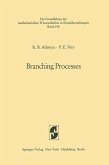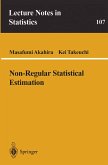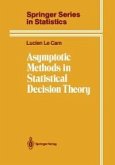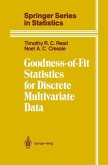The exponential increase in the use of MCMC methods and the corre sponding applications in domains of even higher complexity have caused a growing concern about the available convergence assessment methods and the realization that some of these methods were not reliable enough for all-purpose analyses. Some researchers have mainly focussed on the con vergence to stationarity and the estimation of rates of convergence, in rela tion with the eigenvalues of the transition kernel. This monograph adopts a different perspective by developing (supposedly) practical devices to assess the mixing behaviour of the chain under study and, more particularly, it proposes methods based on finite (state space) Markov chains which are obtained either through a discretization of the original Markov chain or through a duality principle relating a continuous state space Markov chain to another finite Markov chain, as in missing data or latent variable models. The motivation for the choice of finite state spaces is that, although the resulting control is cruder, in the sense that it can often monitor con vergence for the discretized version alone, it is also much stricter than alternative methods, since the tools available for finite Markov chains are universal and the resulting transition matrix can be estimated more accu rately. Moreover, while some setups impose a fixed finite state space, other allow for possible refinements in the discretization level and for consecutive improvements in the convergence monitoring.
Dieser Download kann aus rechtlichen Gründen nur mit Rechnungsadresse in A, B, BG, CY, CZ, D, DK, EW, E, FIN, F, GR, HR, H, IRL, I, LT, L, LR, M, NL, PL, P, R, S, SLO, SK ausgeliefert werden.

